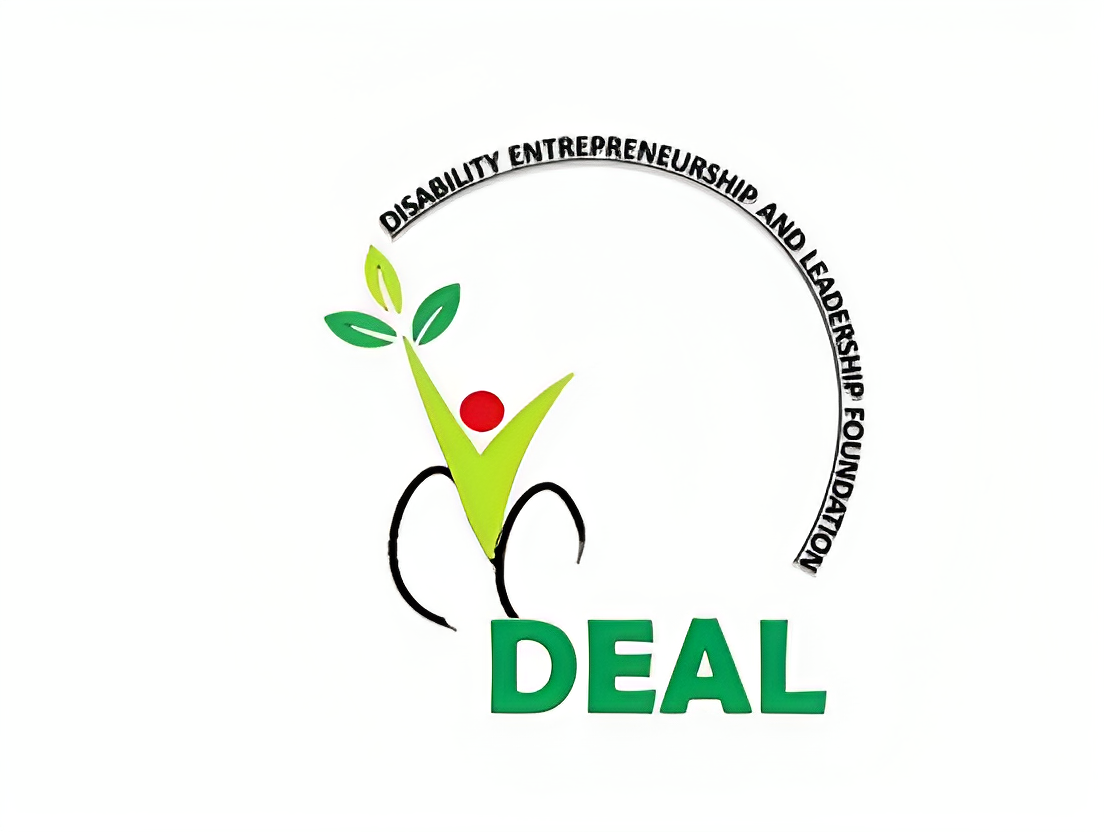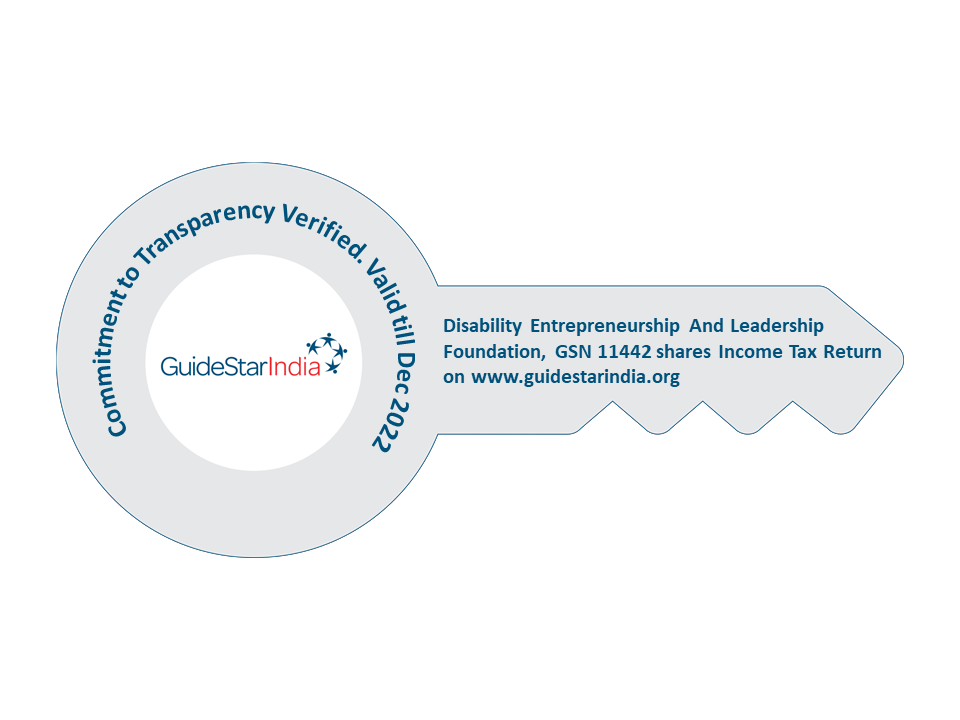The important link between farm based livelihoods and food sufficiency especially in an agrarian economy like India, can hardly be overstated. According to the recently released Global Hunger index (GHI), India ranks 94th out of the 107 countries. The slow rate of progress achieved on some of the GHI indicators in part is due to structural barriers and failure to create sustainable livelihood and entrepreneurship development opportunities within the farming and allied sectors.
While measures such as: National Food Security Act; Mahatma Ghandhi National rural Employment Guarantee Act (MNREGA); PM Kisan; Mid-day Meal Scheme; and distribution of rations through the Integrated Child Development Services (ICDS), introduced by the union and respective state governments have all helped with food supplies to the families most in need, these responses by no means have proved to be enough.
Similarly, farm based livelihood initiatives undertaken by the not-for-profit sector to-date have largely focused on training and adoption of practices to achieve sufficiency in food production with very little gain for producers.
A study undertaken by Tushaar Shah et al in 2012 highlighted that livelihood initiatives brought only marginal income gains to participant households that were involved in it. The average size of land holding, access to finance and access to markets have continued to impede progress on creating a lasting impact on generating sustainable livelihoods, income stability and achieving
food security for all.
Addressing these structural barriers will require:
- New and different ways of framing the problem;
- Thinking outside the box;
- Adopting emerging technologies;
- Fostering new and cross sector collaborations;
- Moving beyond livelihood farming and food sufficiency- a position of scarcity to one of abundance can only be realized when there is clarity on:
- Who is producing what, where, why, how, when and for whom;
- Is production based on pooled assets and is it scalable;
- Is there easy access to finance and are financial instruments flexible;
- Are there incentives to engage youth across farming and allied business sector activities;
- Is there a mechanism to harness creativity and the potential for growth;
- Is there an efficient infrastructure in place that is both ready and fit for purpose;
- Do local communities have information on and access to the right tools and technologies;
- Have issues of gender equality and inclusion been addressed;
- Is there a clear focus on various aspects of the farming value chain and the ability to operate at scale;
- And is there an effective mechanism in place for value addition, price discovery, storage and distribution.
The road ahead is both immensely exciting and one filled with challenges which makes this journey of Moving beyond livelihood farming and food sufficiency that much more meaningful and interesting.
Disability Entrepreneurship And Leadership (DEAL) Foundation is working with households of people with disabilities from farming backgrounds across the district of Gadag to create sustainable livelihood and entrepreneurship development opportunities. A key part of this work is promoting awareness and inclusion.


 Awarded by Guidestar India
Awarded by Guidestar India